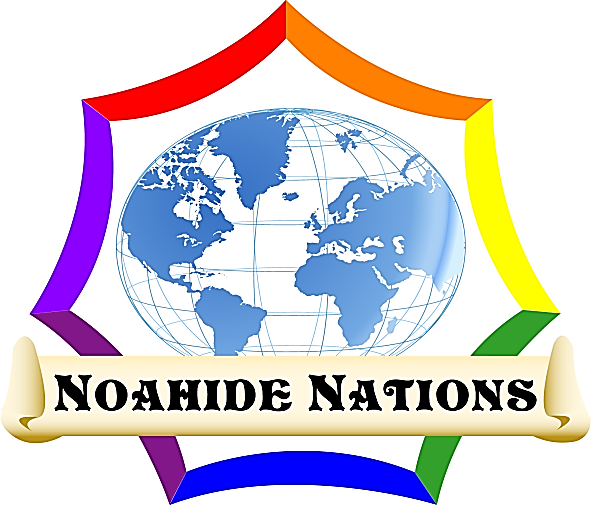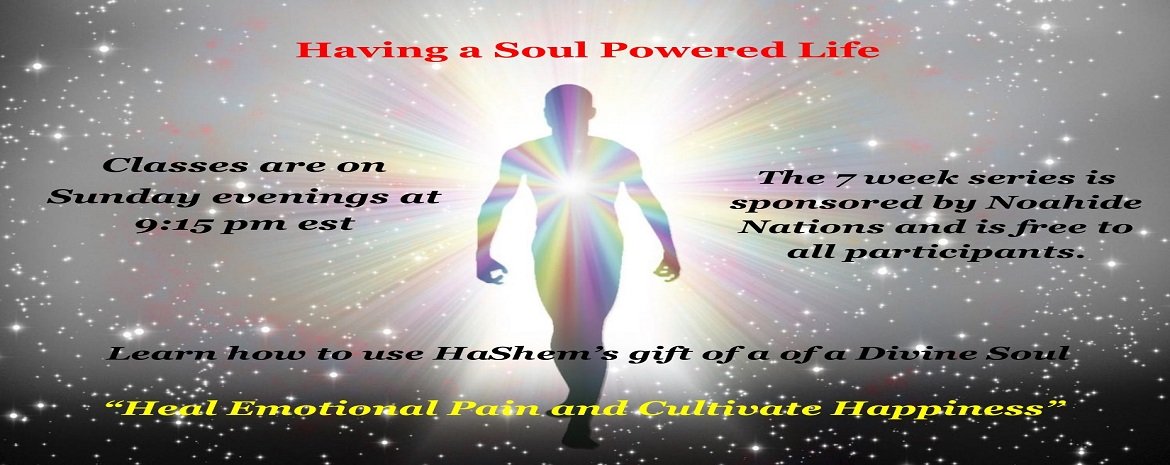THE MISSING LINK
- Category: DID YOU KNOW...
- Hits: 46335
Article Index

by Rabbi Shlomo Riskin
"Now Yitro, the priest of Midian, Moses' father-in-law, heard of all that God had done for Moses, and for Israel His people, how the LORD had brought Israel out of Egypt. And Yitro said: 'Praised be the LORD who has saved you from the hand of Egypt and from the hand of Pharaoh'" (Exodus 18:1-10).
Exiled from our homeland for close to 2,000 years, we lived on the edge of history, our national - but - not spiritual - life arrested. And despite threats to our very existence, we learned to suffer our host cultures, usually as the perennial scapegoat, trod upon, cursed, made to live in isolated quarters, forced to wear identifying garments. Sometimes we'd be wooed by the nobility when they became aware of the special talents of this "nation within the nation," or protected by the pious of the nations of the world, who on occasions risked their lives to save some of us. In total, however, Israel could hardly be condemned for agreeing with the quotation from the Midrash: "The law is known that Esau hates Jacob," (cited by Rashi, Genesis 33:4).
But with the birth of modern Israel, a state equal to others on the globe, it became possible to see the gentile world from a broader perspective. And the lenses through which to look can be found in the Torah portion, Yitro.
What first strikes us is the name of the portion itself, Yitro, a striking choice because not only is Yitro not a Jew (he wouldn't join the People in their journey towards the Promised Land when Moses makes the offer in Numbers 10:22-29), but also the portion named after him includes the account of the Divine Revelation to the Jewish people, undoubtedly the greatest moment in the history of Israel.
Beginning with Adam, attempts to lift man from his perversities had failed, often tragically. Now the attempts culminate in the creation of a unique nation with a special covenant, physical as well as spiritual, whose existence on this planet will defy rational explanation. It's a moment which, in theological terms, parallels the creation of the world, because the purpose of this nation's existence is no less than a re-creation of the planet under the guidance of the Creator's plan.
But if no event in the Jewish people's subsequent history can equal the Divine covenant which brought the nation into existence, why are the Ten Commandments found in a portion named after a gentile, a Midianite priest, Yitro? And moreover, the sages of the Talmud deduce a striking halakha from Yitro: "From here we learn that it is incumbent upon us to praise the Almighty for miracles" (B.T. Berakot 54a.). Can we not learn the same lesson from the song of the Israelites at the splitting of the Red Sea? What is so special about Yitro?
Is it because he is Moses' father-in-law? Not likely. Far more significant is his role in alerting Moses to a more effective means of administering justice, invaluable advice, since it served as a "strength preserver" for the master of all prophets. Seeing Moses teaching and judging the entire nation by himself, Yitro was not afraid to admonish him: "What you are doing is not good. You are going to wear yourself out, along with this nation that is with you. Your responsibility is too great, you cannot do it all alone...Seek out from among the people capable, God-fearing men...You must then appoint them as leaders of thousands, leaders of hundreds, leaders of fifties..." (Exodus 18:17-22).
This contribution places Yitro on an extraordinary level. In effect, Yitro the gentile teaches Moses the administrative technique critical in establishing a nation to be governed in accordance with Torah doctrine.
Yitro's practical wisdom is only part of what Moses learns from the gentiles.
The woman who drew Moses out of the Nile, gave him his name, brought him into her home and sheltered him is not usually extolled. But saving the child's life is the essence of kindness on the part of Pharaoh's daughter, a true "hesed," especially when we remember that her father was the one who had issued the edict to drown Hebrew boy babies.


 French (FR)
French (FR)  English (UK)
English (UK) 




